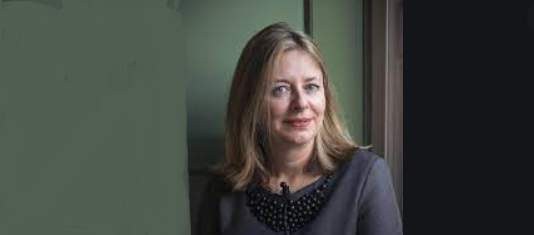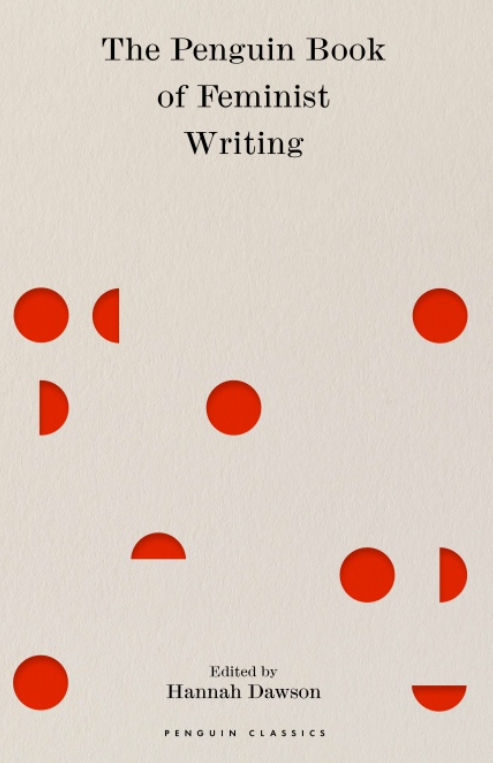
Struggle against sexism oppression


Hannah Dawson, a British academic has been reading, sifting, and understanding this vast global project, the endless battle for freedom of choice. Feminism is the insight that sexism exists, and the struggle against that oppression. The book begins with an experience of female harassment. “Feminism only makes sense if you believe in feminism, privilege does not see itself as such”. Movements like #MeToo have highlighted the uncomfortable truth that repeated pronouncements cannot be taken for granted.
In the fifteenth century with Christine de Pizan, who imagined a City of Ladies that would serve as a refuge from the harassment of men, the book reaches around the earth and through the year to us, now, splashing about in the Fourth Wave, which goes beyond the usual white, western story, encompassing also race, class, capitalism-imperialism and other axes of oppression that intersect with patriarchy.
Elizabeth Cady Stanton, who declared in Seneca Falls in 1848m the self-evident-truth “ that all men and women are created equal”, we find Sojourner Truth, born into slavery in New York in 1797, who asked, “ And ain’t I a woman?”.
Dawson tackles head-on the fact that feminism’s frequently divisive discourse is not simply due to difference of opinion on how to tackle male supremacy but also white straight feminism”, the dominant viewpoint, which sees women exploiting other women through positions of class, race, and economic and imperial power.
According to Dawson, the first wave has already risen, when in 1836 the Lowell factory girls walked out in protest at pay cuts and degrading working conditions. The second wave which stretched from the 1960s to 1980s, often found wanting in respect to the diversity of voices as feminism should be inclusive. The Italian-American Silvia Federici’s 1975 work Wages against Housework is highlighted here.
The domination and exploitation of women’s bodies by cultural and state control, whether through brutal prison regimes or female genital mutilation, is well covered in the collection containing despair, defiance, and hope.
Survivors of rape worry that they won’t be believed, sometimes because they did not fight back or try to escape, as Juries acquit men on these grounds, and these acquittals and the systematic suspicion of a woman’s testimony, fail to comprehend the workings of violence. Silence, stillness, a smile are the last ditches of protection, the body’s chronic attempts to circumvent an attack, although complicity itself often touted as consent can be the desertion of power.
The Penguin Book of Feminist Writing edited by Hannah Dawson, Penguin Classics, £25, 704 pages.
